Subtotal: $120.00
Description
HCG (Human Chorionic Gonadotropin) – Detailed Product Description Chorionic Gonadotropin (HCG) is a glycoprotein hormone produced primarily during pregnancy by the placenta. It plays a vital role in maintaining pregnancy and supporting fetal development. However, HCG has gained significant attention in medical and wellness communities for its therapeutic applications, particularly in hormone balance and fertility treatments.
Mechanism of Action
HCG mimics the action of luteinizing hormone (LH), a hormone that stimulates the production of testosterone in men and supports ovulation in women. When administered, HCG activates the Leydig cells in the testes, leading to increased testosterone production. This is particularly beneficial in men with low testosterone levels or those undergoing testosterone replacement therapy (TRT).
Key Features and Benefits
- Testosterone Production:
- HCG is commonly used to stimulate natural testosterone production in men. This is crucial for those experiencing hypogonadism (low testosterone levels), as it helps restore hormone balance and alleviate symptoms such as fatigue, reduced libido, and mood changes.
- Fertility Enhancement:
- In women, HCG is used to induce ovulation, making it a valuable tool in fertility treatments. It is often administered in conjunction with other medications to enhance the chances of conception.
- Muscle Preservation During Weight Loss:
- HCG is also popular in weight loss programs, particularly those involving calorie restriction. It is believed to help preserve muscle mass while promoting fat loss, making it appealing for individuals looking to lose weight without sacrificing lean tissue.
- Potential Benefits for Bodybuilders and Athletes:
- In the athletic community, HCG is sometimes used post-cycle to help restore natural testosterone production after anabolic steroid use. This can aid in recovery and help maintain muscle gains achieved during a steroid cycle.
- Minimal Side Effects:
- When used appropriately under medical supervision, HCG is generally well-tolerated. Common side effects may include injection site reactions, headaches, and mood swings, but these are typically mild.
Administration and Dosage
HCG is administered via subcutaneous or intramuscular injection, with dosages varying based on the specific treatment goals. For testosterone stimulation, a typical dosage may range from 1,000 to 2,000 IU two to three times a week, while fertility treatments often involve different protocols. It is essential to follow a healthcare provider’s guidance to determine the appropriate dosage and administration schedule.
Conclusion
HCG (Human Chorionic Gonadotropin) is a versatile hormone with significant implications for hormone balance, fertility, and weight management. Its ability to stimulate testosterone production and support ovulation makes it a valuable therapeutic option for men and women facing hormonal challenges. As with any hormone therapy, it is crucial to use HCG under the supervision of a qualified healthcare professional to ensure optimal results and minimize potential risks.

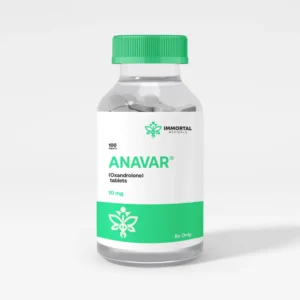 Anavar
Anavar 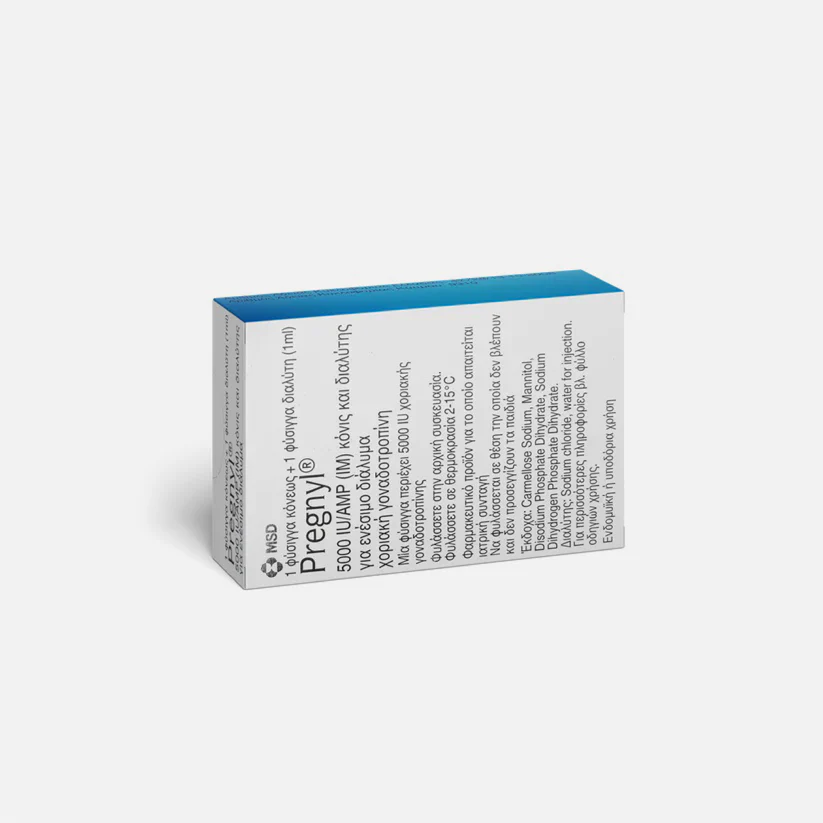
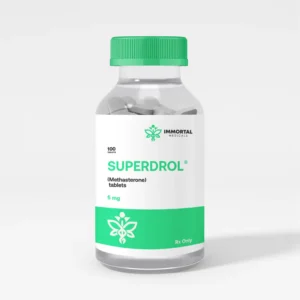
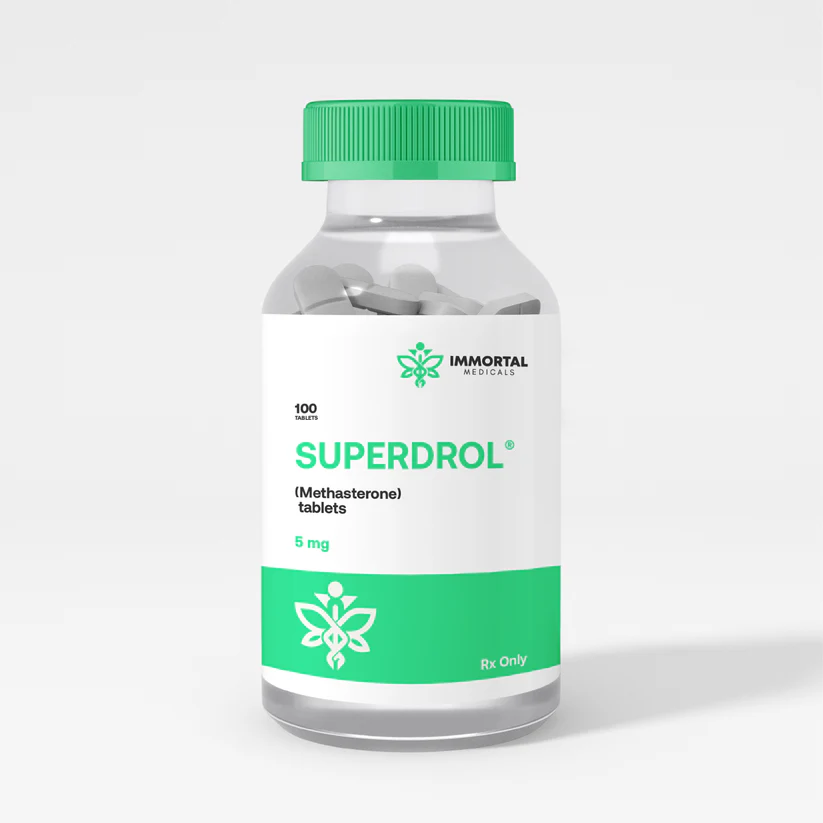
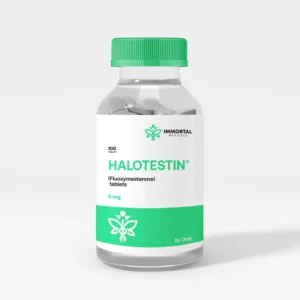
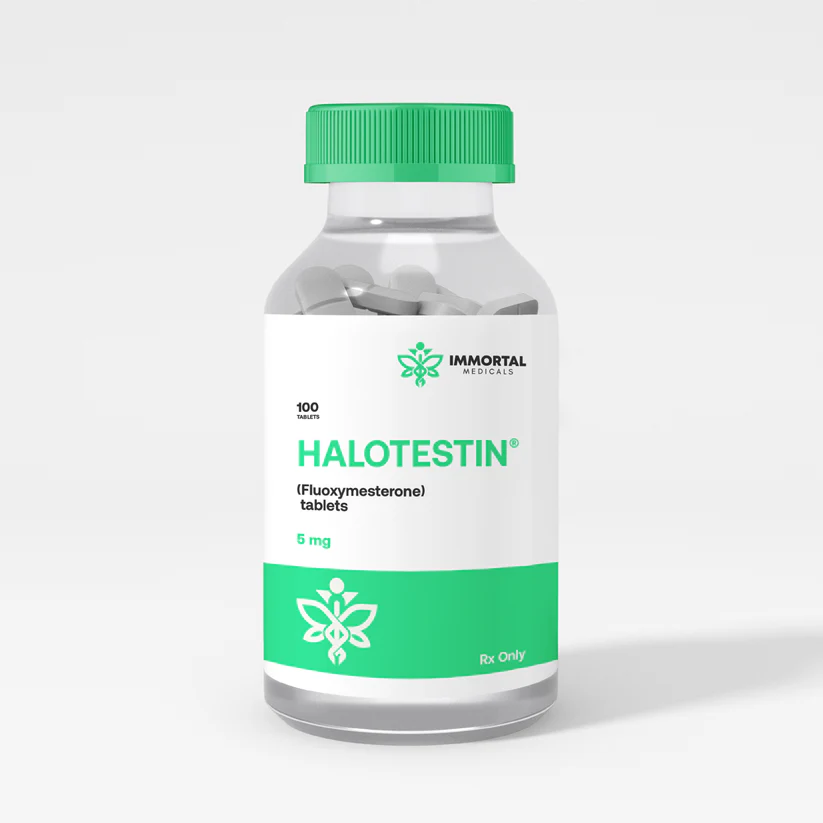
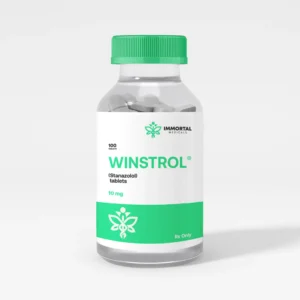
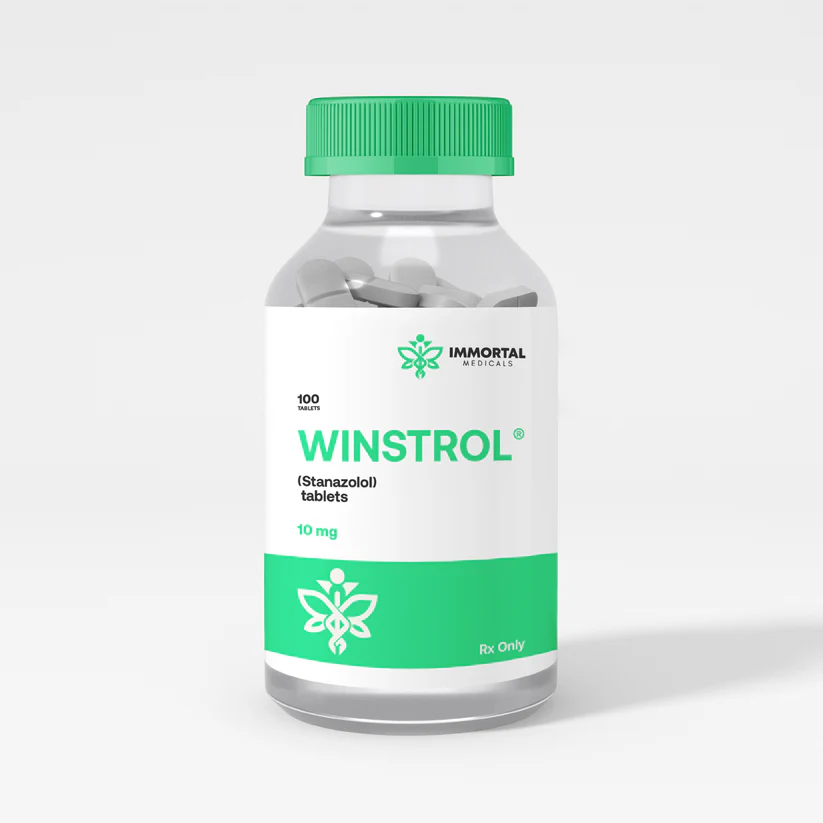
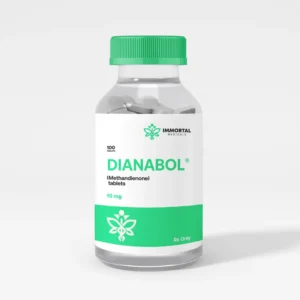
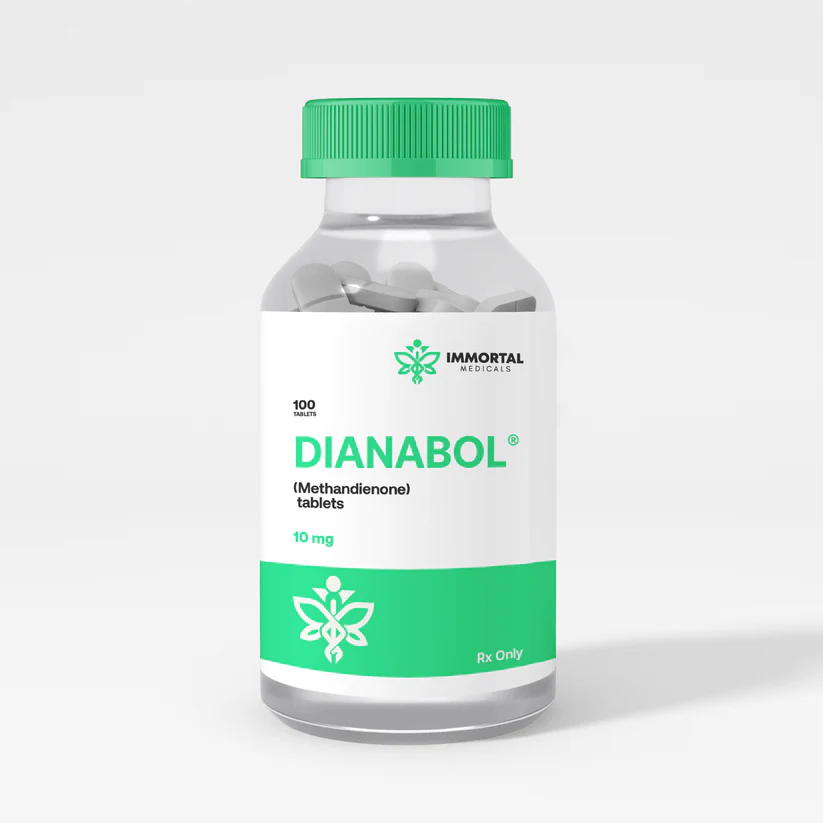
Reviews
There are no reviews yet.